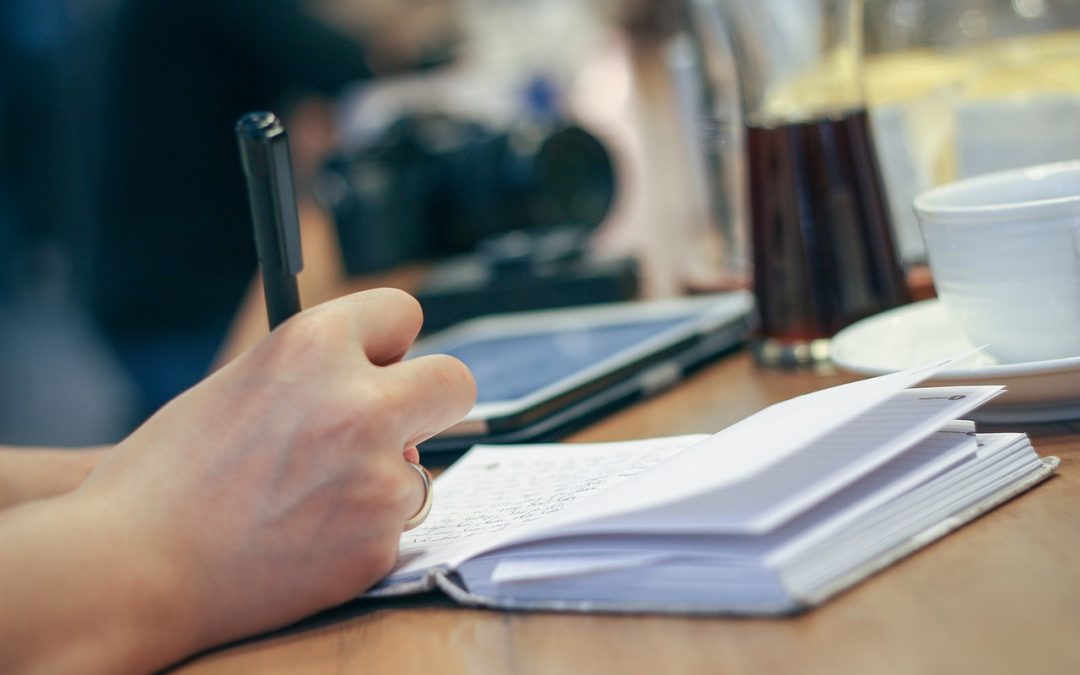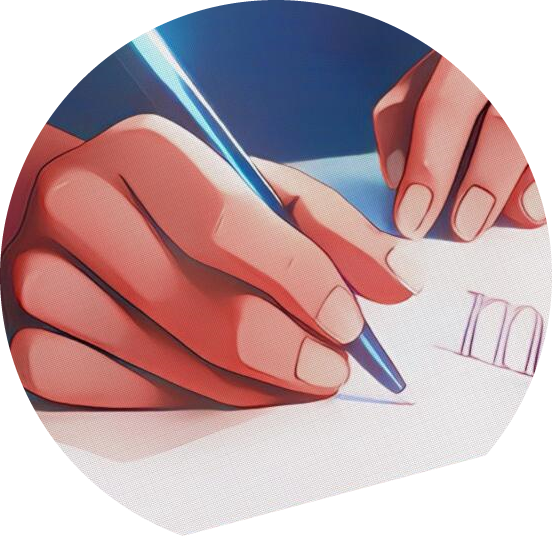
Master the Art of Journaling: Unveil the Benefits of Journaling with a Step-by-Step Guide for Beginners
Immerse yourself in the practice of journaling and embrace its vast benefits. This beginner-friendly guide will take you through every step, making the process simple and enjoyable. Let’s delve into how to unlock the benefits of journaling. Ever gazed at a blank notebook and wondered how to transform it into a treasure trove of thoughts, experiences, and personal growth? Or perhaps, you’ve launched a digital note app, only to be met with the daunting sight of an empty page? You’re not alone. Starting a journaling journey can seem like an uphill task. But what if we told you that we have a roadmap for you?
This comprehensive guide, featuring wisdom from globally-renowned personalities like Robin Sharma, Jon and Missy Butcher, and Oprah Winfrey, is designed to take you through the art of journaling step-by-step. It doesn’t matter if you’re a seasoned writer or someone who hasn’t penned a personal line since high school; this guide is designed for everyone who wishes to explore themselves through the written word. So, let’s turn that hesitation into curiosity and embark on this enriching journey together.
1. How Do You Start a Journal for Beginners and Reap the Benefits of Journaling?
Starting a journal begins with picking the right medium that suits your preferences and lifestyle. You might choose a beautiful notebook, a simple pad, or a digital platform. Thomas Edison and Mark Twain preferred physical notebooks, reflecting the timeless allure of traditional journaling. The first step towards unlocking the benefits of journaling is to start writing, so choose a medium that makes you want to write.
2. What is the First Step to Journaling?
The first step is to simply begin writing. As Robin Sharma, author of “The 5AM Club”, underscores, incorporating journaling into your daily routine can bring significant benefits. Sharma extols the virtues of morning journaling, citing it as an effective way to clear your mind and set positive intentions for the day.
3. What Tools do You Need to Start Experiencing the Benefits of Journaling?
All you need to start enjoying the benefits of journaling are a medium to record your thoughts and the willingness to express them. Jon and Missy Butcher from Mindvalley’s successful “Lifebook” program, reinforce this, stating that the power of journaling lies in its ability to reveal our subconscious thoughts and shift our lives in profound ways.
4. How Do You Start and Stick to Journaling?
The secret to sticking with journaling and reaping its benefits lies in consistency. As Josh Waitzkin advises, integrate journaling into your daily schedule and make it non-negotiable. Regular practice fosters growth and unlocks the true benefits of journaling.
5. How Do I Start Writing a Journal?
Starting to write a journal involves expressing your thoughts and feelings as they come to you. A journal is your personal space; there are no wrong entries. Oprah Winfrey started her journaling practice by expressing her worries and complaints. Over time, she used her journal to outline her goals, express her gratitude, and gain perspective, demonstrating the transformative power and benefits of journaling.
6. How Do You Do a Journal Step by Step?
Starting with simple entries about your day or your thoughts is a great first step. As you become more comfortable, you can explore deeper topics or use different formats like lists or sketches. The journey of journaling is a personal one, and its benefits are countless.
7. What is the Simplest Way to Journal and Enjoy Its Benefits?
The simplest way to journal is to make it a regular practice. Even Richard Branson stresses the importance of regular journaling. A few minutes each day can be enough to start seeing the benefits of journaling.
8. How Do You Journal Your Feelings?
Journaling your feelings provides a safe space to express your emotions without judgment. Reflecting on our feelings is a practice adopted by many high achievers like Leonardo da Vinci and Marie Curie, demonstrating the therapeutic benefits of journaling.
9. How Do You Start a Gratitude Journal?
Starting a gratitude journal is as simple as dedicating a part of your journaling routine to write about things you’re grateful for. Oprah Winfrey regularly practices gratitude journaling, highlighting one of the key benefits of journaling – fostering a positive mindset.
10. What Do You Say in a Gratitude Journal?
In a gratitude journal, you acknowledge the good in your life. This simple practice can shift your perspective and make you more aware of the positive aspects of your life, enhancing the mental health benefits of journaling.
Embark on your journaling journey today. With our downloadable e-book guiding you, you can delve into this enriching practice and start reaping the benefits of journaling.


